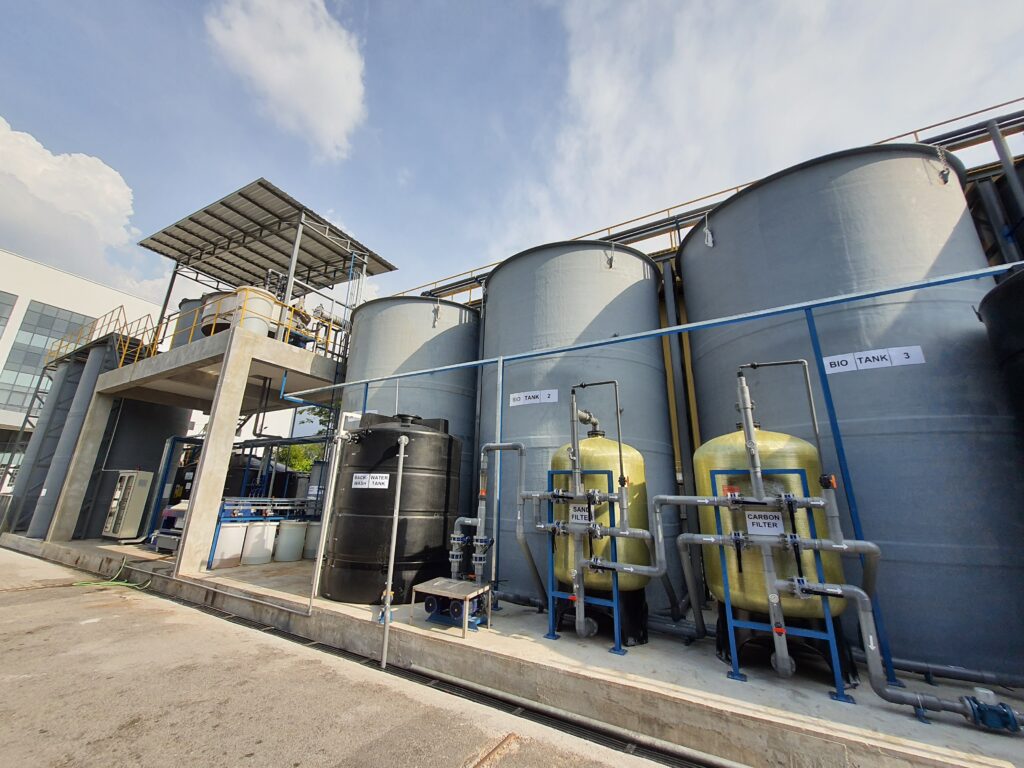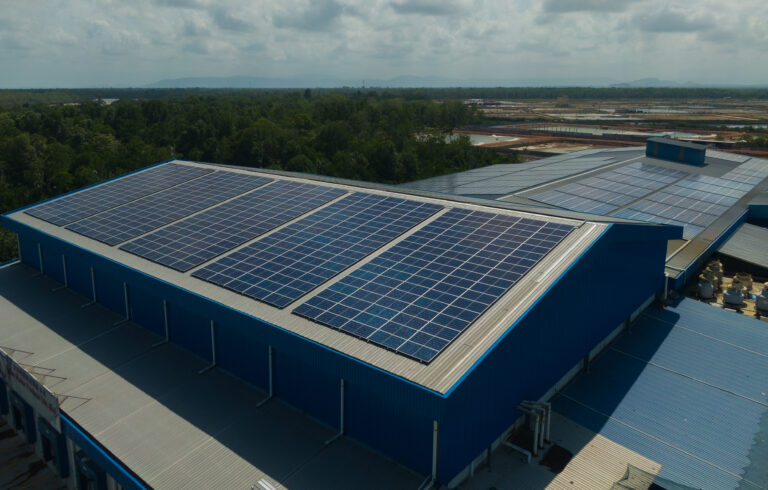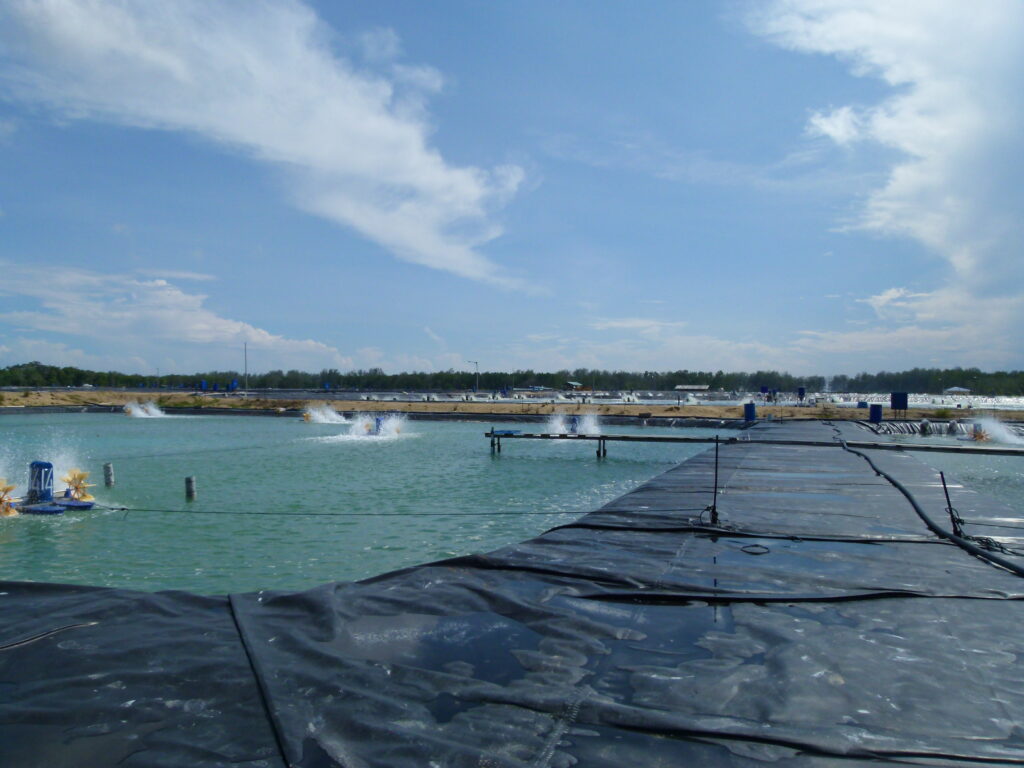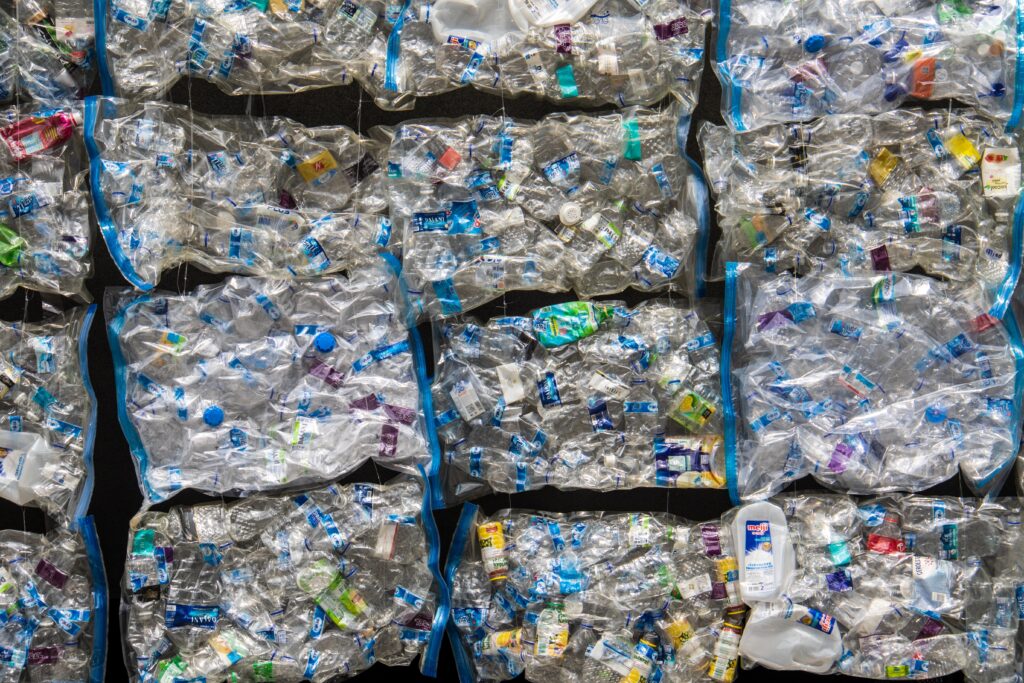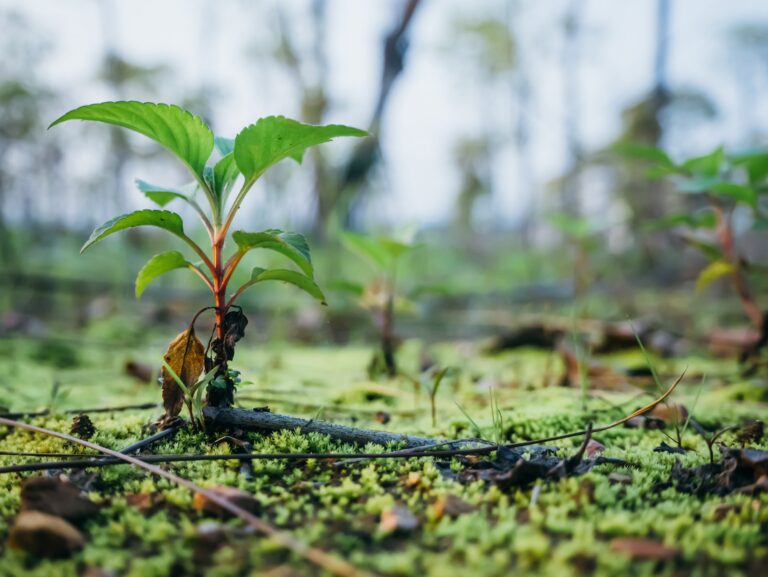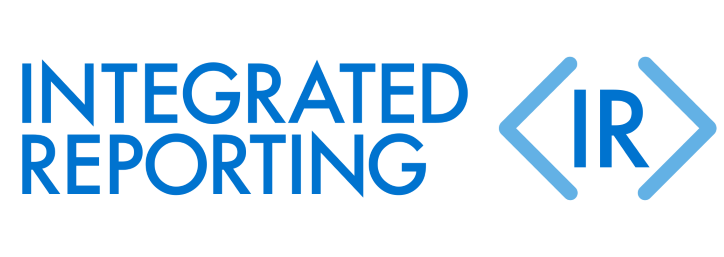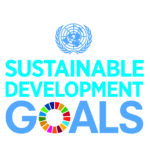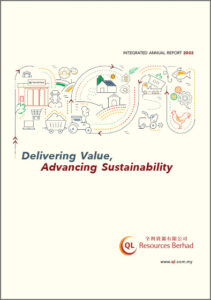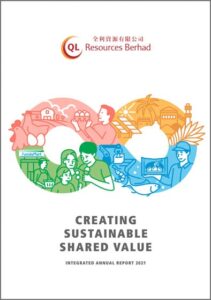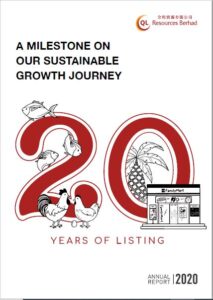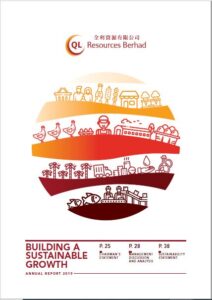Environmental Responsibility
Pollution and Resources
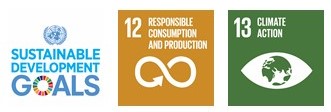
Our Approach
QL embraces circular economy principles by balancing resource conservation with responsible consumption, applying life cycle approach where feasible. We adopt waste hierarchy focusing on reducing, reusing, recycling, and recovering waste to minimise its impact across our operations. Wherever feasible, we convert waste generated from productions and along our supply chain into valuable resources. This helps reduce reliance on raw materials and lessens our environmental footprint. Any remaining waste is disposed of through licensed contractors.
We also work to improve resource efficiency by converting waste to energy and applying technologies that optimise material usage and lower energy consumption. Our employees are trained to manage industrial effluent and hazardous waste in accordance with legal requirements.
In addition, we support circular economy efforts beyond our own operations by providing renewable energy and water treatment solutions to other industries.
FY2025 Highlights
-
198,031.17 MT
of waste was recycled/ recovered
-
94.6% diversion
of waste from landfills and incineration
-
1,345,241.92 m3
of water was discharged into surface water sources
| Indicator | Unit of Measurement | FY2023 | FY2024 | FY2025 |
| Water Discharge to Surface Water | Per Thousand Cubic Meter, ‘000 m3 | 990.22 | 1,138.53 | 1,345.24 |
| Water Discharge Intensity | m3/ RM Mil Revenue | 231.56 | 255.38 | 274.32 |
| Indicator | Unit of Measurement | FY2023 | FY2024 | FY2025 |
| Total Waste Generated | Per Thousand Metric Tonnes, 000 MT | 203.70 | 212.40 | 209.44 |
| Total Non-Hazardous Waste Generated | 000 MT | 203.68 | 212.37 | 209.41 |
| Total Hazardous Waste Generated | 000 MT | 0.02 | 0.03 | 0.04 |
| Indicator | Unit of Measurement | FY2023 | FY2024 | FY2025 |
| Total Waste Diverted from Disposal (Reuse, Recycle, Recovery & Composting) | Per Thousand Metric Tonnes, 000 MT | 194.24 | 202.48 | 198.03 |
| Total Waste Directed to Disposal (Landfill & Incineration) | 000 MT | 9.47 | 9.92 | 11.41 |
| Percentage of Waste Diverted from Disposal (Reuse, Recycle, Recovery & Composting) | % | 95.3 | 95.3 | 94.6 |
Explore More Environmental Impact Stories
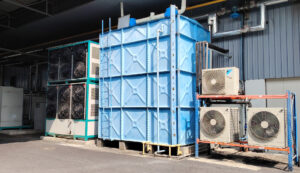
Rainwater Harvesting
As part of our ongoing commitment to water conservation, we continue to harvest rainwater for non-potable use, capturing runoff that
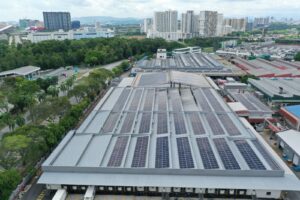
Renewable Energy
To further reduce our GHG emissions and reliance on fossil fuels, we continued to expand our renewable energy portfolio in


